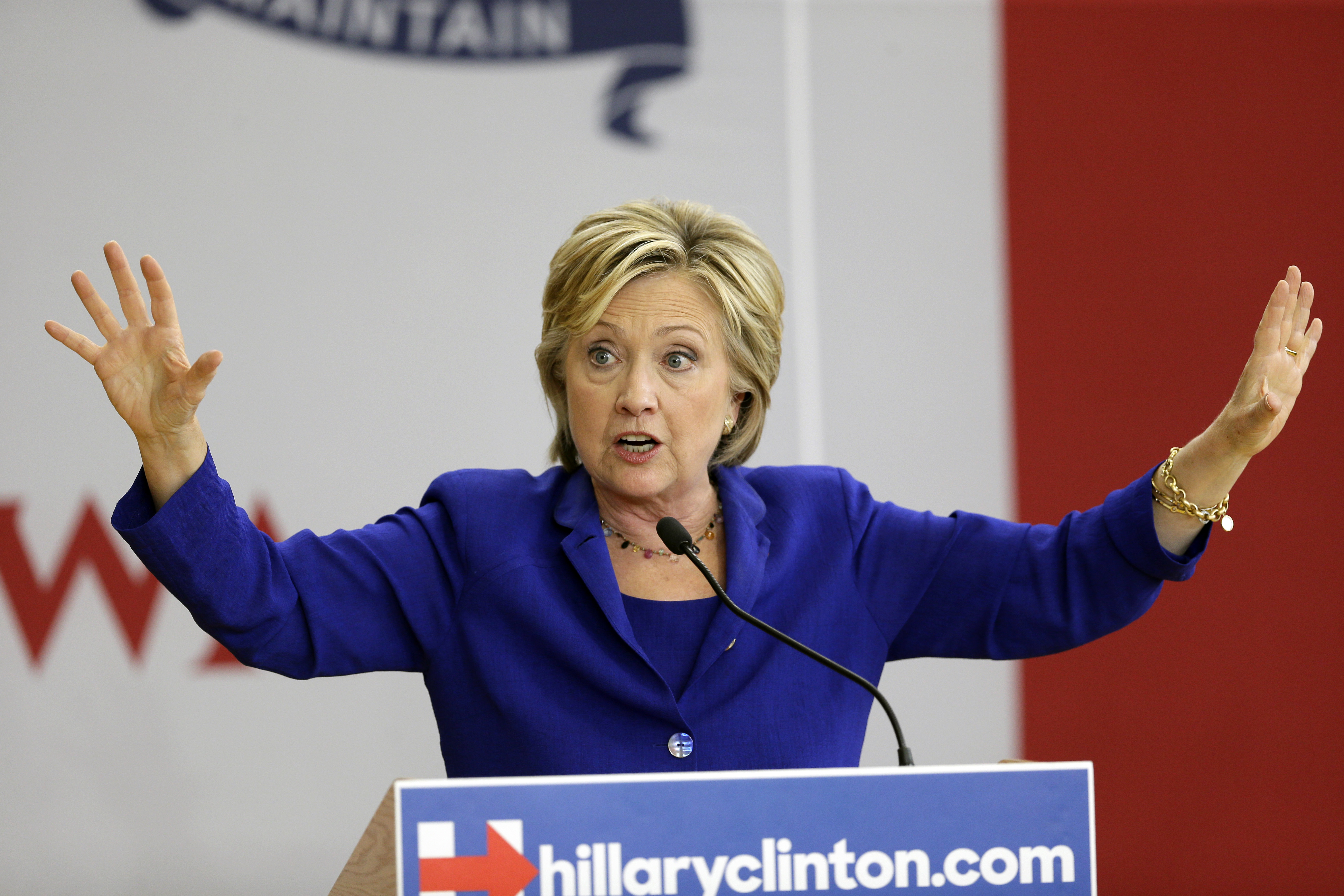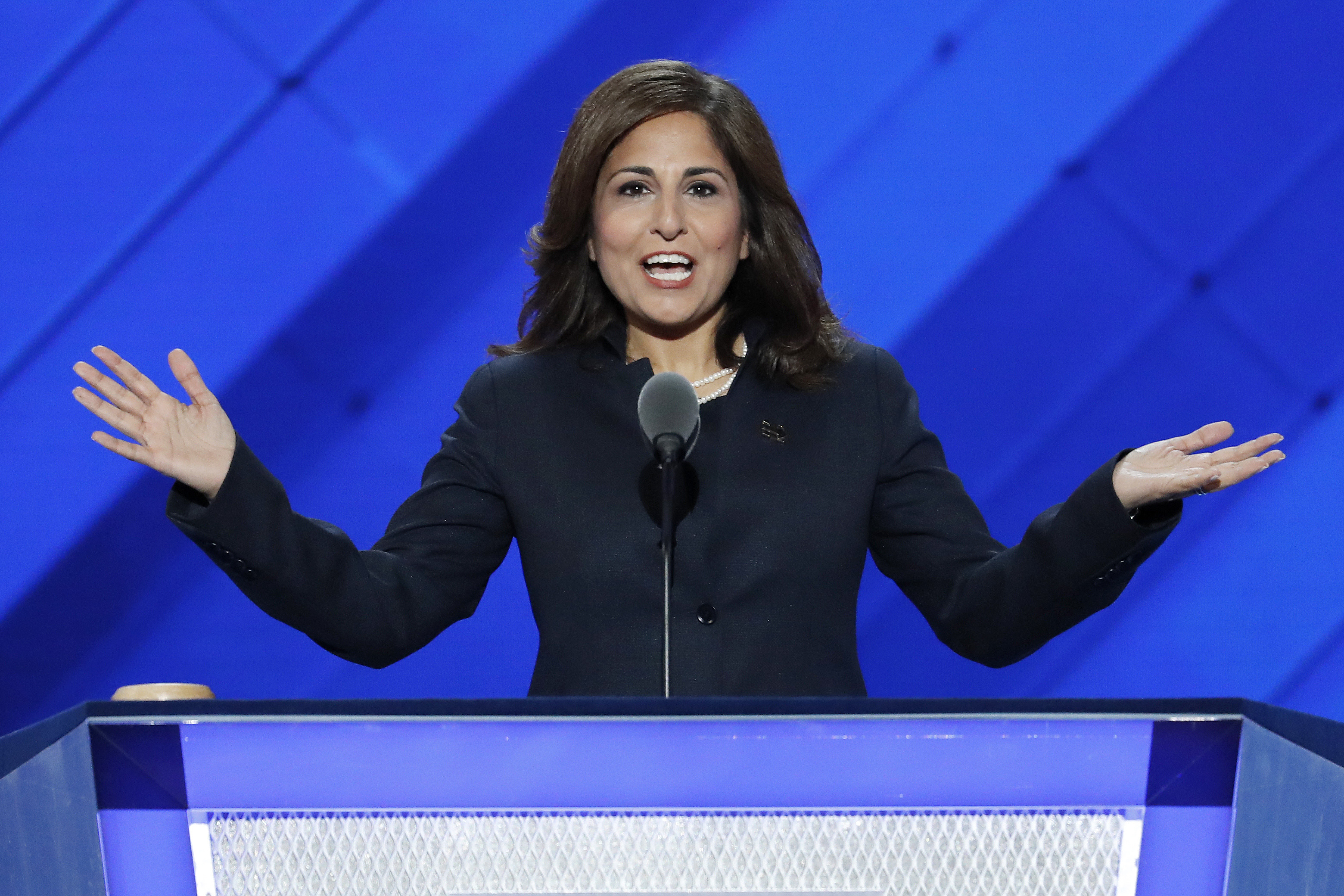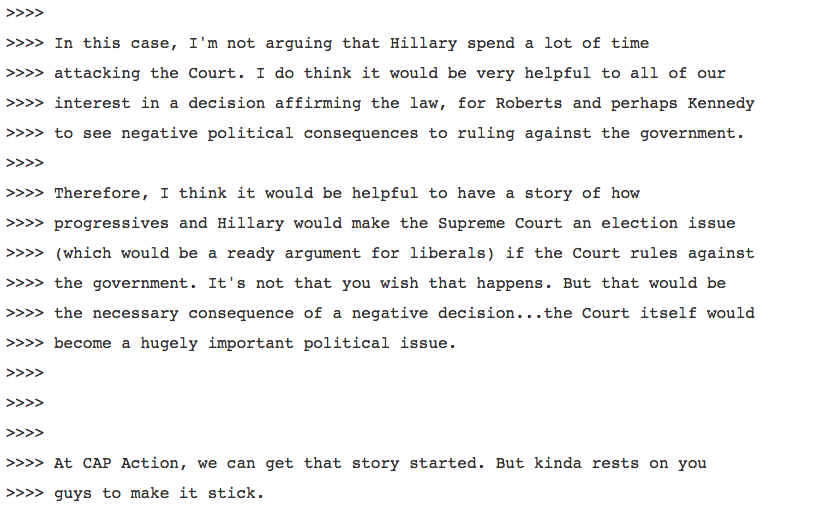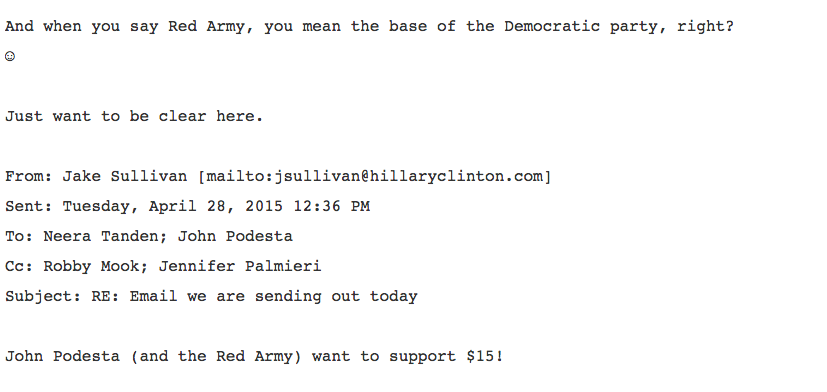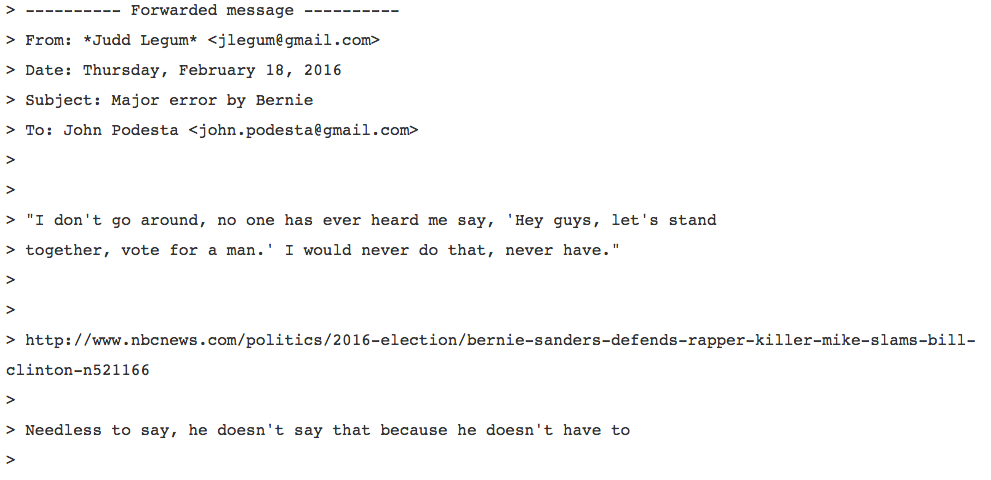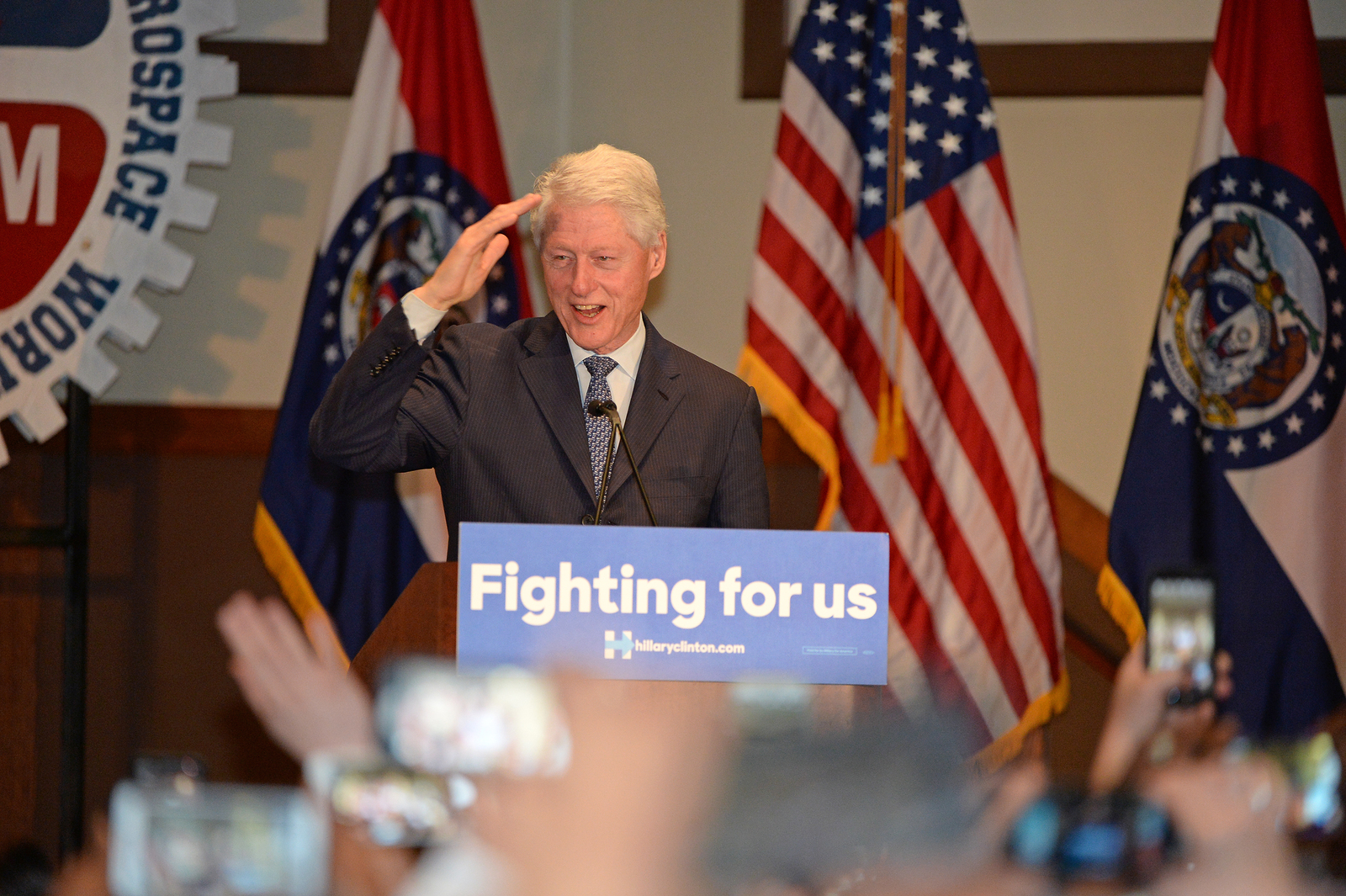Questions Raised About Whether the Clintons Frequented Jeffrey Epstein’s NM Ranch
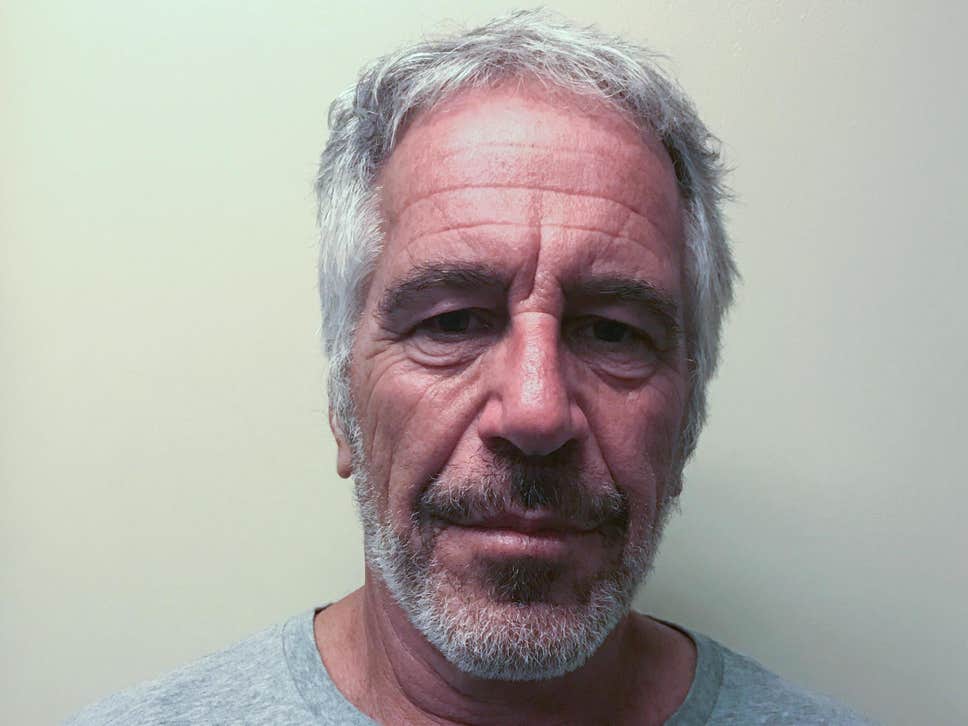
Information obtained by InsideSources raises questions about a new report that the Clinton family made multiple trips to pedophile Jeffrey Epstein’s New Mexico ranch, and a spokesman for the former president says the allegation is “simply not true. Period.”
A DailyMail.com report claims that Bill and Hillary Clinton — along with Chelsea — visited Zorro Ranch “a whole bunch of times” and credited all its attributed allegations to Jared Kellogg, a security analyst based in Albuquerque.
But Kellogg told InsideSources he has no direct knowledge about the Clintons and he got the information during a brief encounter with Brice Gordon — the Zorro Ranch’s estate manager — in 2015. He says Gordon confided in him during a conversation at the ranch about installing lights and other security measures.
“This was all stuff told to me by [Gordon] and I can’t verify anything that this guy was telling me,” he said. “I spent literally only 20 minutes with him and Brice asked me to consult with him on some cameras. On and off he would tell me the Clintons had stayed there.
“I had no idea who Jeffery Epstein was when I first met Brice,” Kellogg said, adding he only found out when the reports of Epstein’s crimes and his connection to the Zorro Ranch hit the news.
Kellogg said his short meeting with Gordon was their only encounter and he did not do any security work on the ranch. Gordon could not be reached for comment and several sources told InsideSources he is believed to have left the country.
According to DailyMail.com: “The [Clintons] visited the 10,000-acre estate in the New Mexico desert often, but never stayed in the main house.
“Instead, the Clinton family bunked down in a special cowboy-themed village created by Epstein, which is a mile south of his own luxury mountaintop villa. They’d use one of the two guest houses, which look like they’re straight out of the 19th century.”
Angel Ureña, a spokesman for President Clinton, told InsideSources that DailyMail.com “quoted an ‘IT contractor’ who once did a walkthrough of the ranch, who is in turn putting words in the house manager’s mouth.”
Ureña also took note of a tweeted rebuttal in July to initial allegations about contacts between President Clinton and Epstein, who committed suicide in August while being jailed awaiting trial for additional crimes. In the lengthy tweet Ureña wrote, in part:
“President Clinton knows nothing about the terrible crimes Jeffrey Epstein pleaded guilty to in Florida some years ago, or those with which he has recently been charged in New York. … He’s not spoken to Epstein in well over a decade and has never been to Little St. James Island, Epstein’s ranch in New Mexico, or his residence in Florida.”
“[It’s] simply not true. Period,” Ureña said.
Local realtor Brandon Sanchez, who represents property owners in the area around Zorro Ranch, told InsideSources rumors about the Clintons at Epstein’s home were common.
“I knew there’s always been rumors that the Clintons used to frequent the ranch, but I never knew of anything firsthand at all,” Sanchez said. “It’s just hearsay.”
Epstein’s alleged suicide in a New York City jail while awaiting trial on child molestation charges is still under investigation.
In September, New Mexico officials seized control of state-owned land from Epstein’s property, which they believed he used to create a protective buffer while he and co-conspirators committed alleged sex crimes.
New Mexico State Land Commissioner Stephanie Garcia Richard sent a letter canceling the state-property leases to Cypress Inc., a company owned by Epstein and listed as the owner of the ranch. Cypress agreed to relinquish the land last month.
Soon after Epstein’s arrest in New York in July, New Mexico Attorney General Hector Balderas announced his office had opened its own investigation into the financier and would forward findings to the SDNY, InsideSources reported.
A federal lawsuit filed in New York last month, claims Epstein trafficked and sexually assaulted a 15-year-old girl at his New Mexico ranch in 2004. The suit was filed against the executors of Epstein’s estate, Darren Indyke and Richard Kahn.
Although other lawsuits have been filed against the estate, this appears to be the first one solely involving assaults at the Zorro Ranch.

